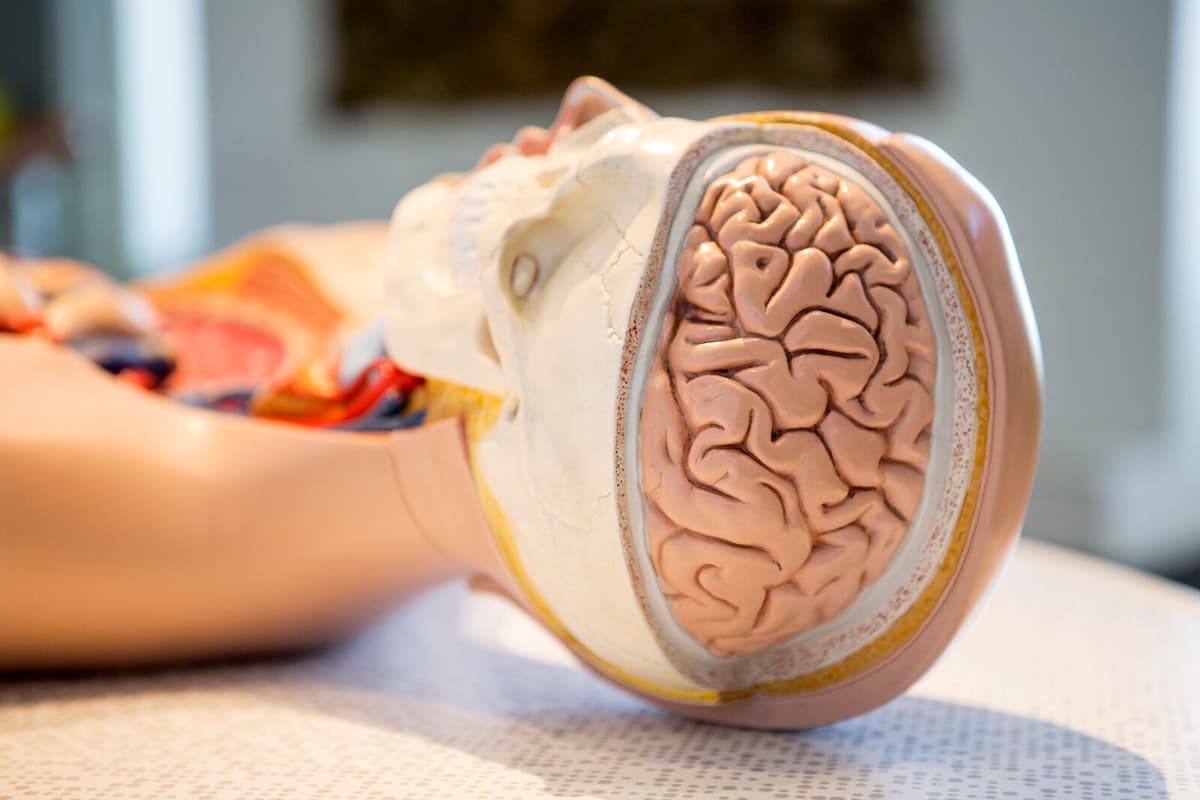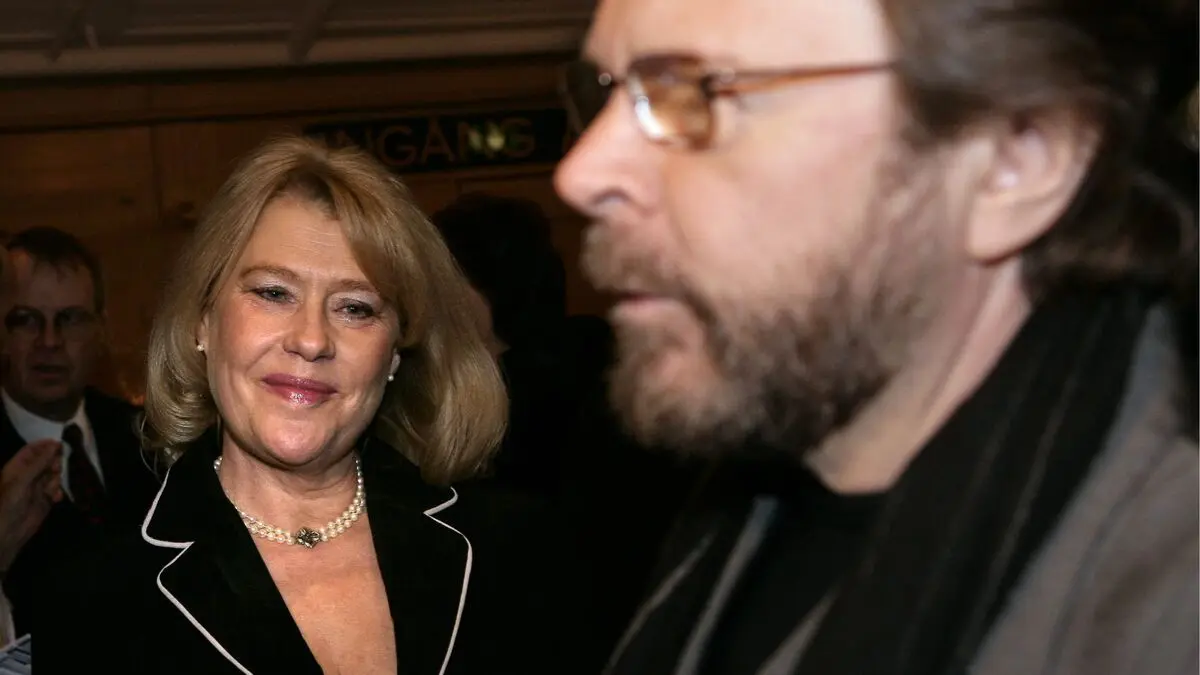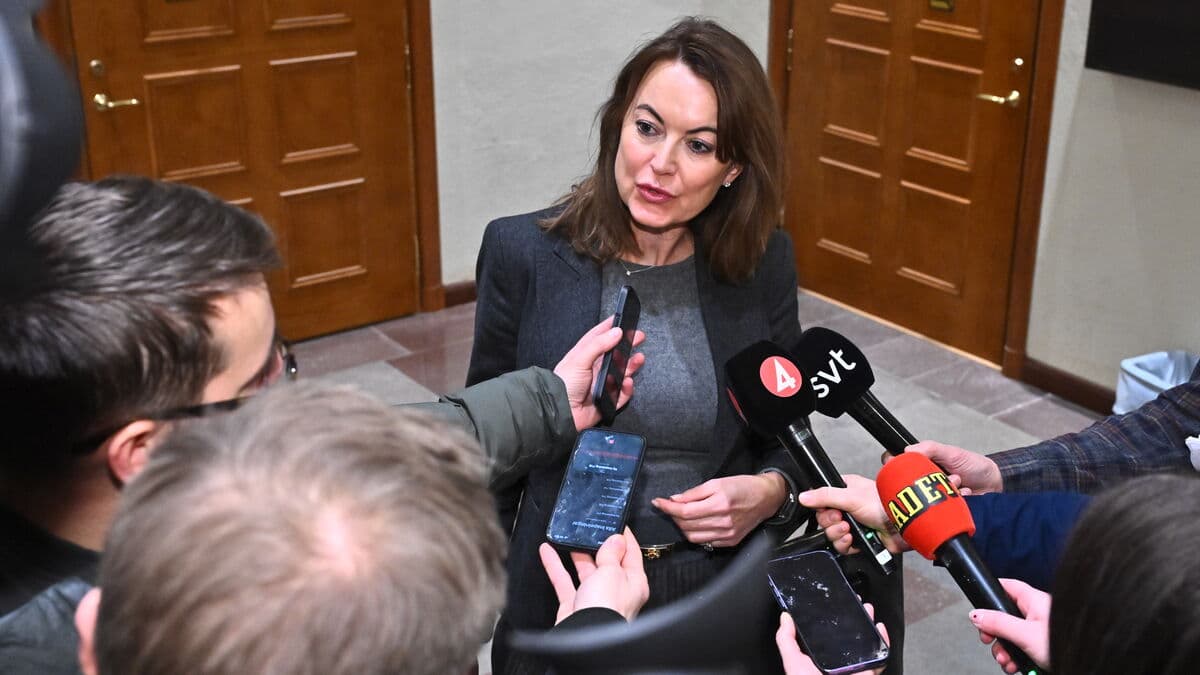According to the NT Council, an expert group with a mandate to provide recommendations on new medicines to the country's regions, there is not sufficient evidence for a clear patient benefit, writes The Medical Journal.
The medicine tofersen, sold under the name Qalsody, was approved by the EU Commission in June last year and would be used to treat patients with a rare, inherited form of ALS, which is approximately two percent of all those with the disease.
The treatment cost for Qalsody is approximately 3.4 million kronor per patient and year. According to the NT Council, price negotiations with the company Biogen, behind Qalsody, have not produced sufficient results.
In its decision, the Council writes that the medicine in studies has not been able to demonstrate any significant effect on patients' functional ability and that it is therefore uncertain whether the treatment has any clinically relevant effect on ALS.
The Council also refers to the fact that the treatment – which is given as an injection into the spinal fluid – has many side effects, some of which are serious.
Peter Andersen, professor and senior physician in neurology at Norrland University Hospital, is critical of the decision and believes that there is convincing evidence that the treatment has an effect.






